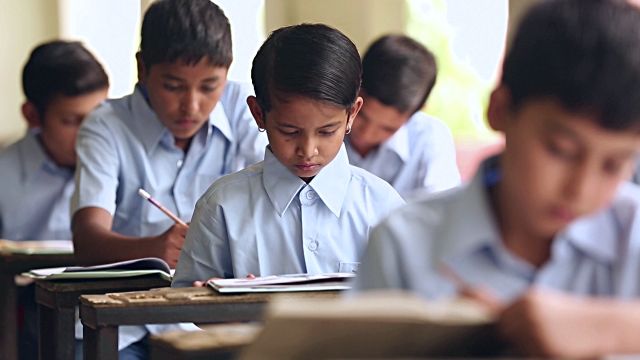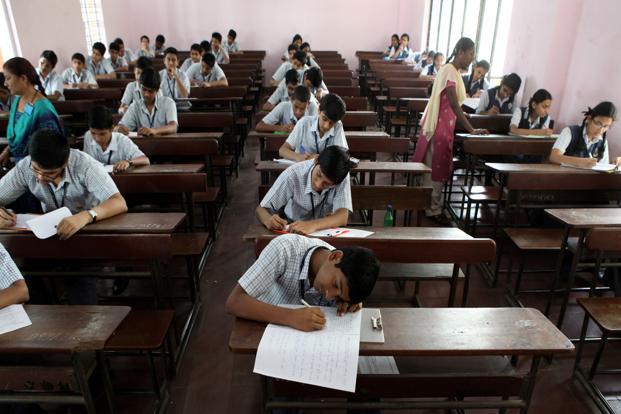Indian Parents Believe That Digital Education Is The Key To Children's Future
Viswamitra Jayavant - Jun 19, 2019

A recent survey conducted by HP suggests that most Indian parents believe that digital learning is the key to their children's future.
- Indian IT Engineers Visit “Visa Temple” To Pray For A US Visa
- Apple Users In India Now Can Find Patrol Pumps And Restaurants With Apple Maps' Nearby Feature!
- All You Need To Know About Say Namaste App - Zoom's Rival In India
According to a recent survey conducted by HP, most Indian parents agreed that if their children are to be future-ready, they need to experience a mixture of digital and experiential education in their younger years.
The survey - called the HP New Asian Learning Experience study - indicated that 60% of parents believed that experiential learning can lengthen the time children spent on reading. However, they also believed that digital learning can balance this out by providing the facilities needed for children to develop their creativity.

The study also showed that in comparison to all parents from other Asian countries, Indian parents are more likely to make great investments in their children’s studies, from investing a huge sum into tuitions, moving abroad for better education, as well as taking out loans to send their children abroad.
Although Indian parents truly think that digital education is the key to a better future for their children by exposing them to new cultures and ideas, they still feel that such exposures should be closely monitored and supervised.
Leo Joseph - the Senior Director at HP Inc. India’s Printing Systems and Solutions said that:
The study suggests that up to 22.7% of parents surveyed feel “extremely concerned” about the future of their children.

The study stretched from November to December 2018 and found 3,177 responses from countries across Asia such as India, China, Thailand, Singapore, Indonesia, and the Philippines. The respondents' age range was from 25 to 42 years, and all of them have at least one child.
Featured Stories

Features - Jul 01, 2025
What Are The Fastest Passenger Vehicles Ever Created?

Features - Jun 25, 2025
Japan Hydrogen Breakthrough: Scientists Crack the Clean Energy Code with...

ICT News - Jun 25, 2025
AI Intimidation Tactics: CEOs Turn Flawed Technology Into Employee Fear Machine

Review - Jun 25, 2025
Windows 11 Problems: Is Microsoft's "Best" OS Actually Getting Worse?

Features - Jun 22, 2025
Telegram Founder Pavel Durov Plans to Split $14 Billion Fortune Among 106 Children

ICT News - Jun 22, 2025
Neuralink Telepathy Chip Enables Quadriplegic Rob Greiner to Control Games with...

Features - Jun 21, 2025
This Over $100 Bottle Has Nothing But Fresh Air Inside

Features - Jun 18, 2025
Best Mobile VPN Apps for Gaming 2025: Complete Guide

Features - Jun 18, 2025
A Math Formula Tells Us How Long Everything Will Live

Features - Jun 16, 2025


Comments
Sort by Newest | Popular